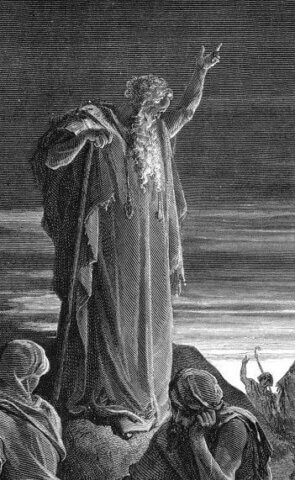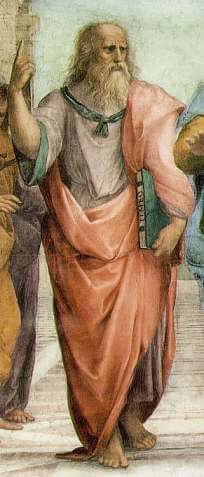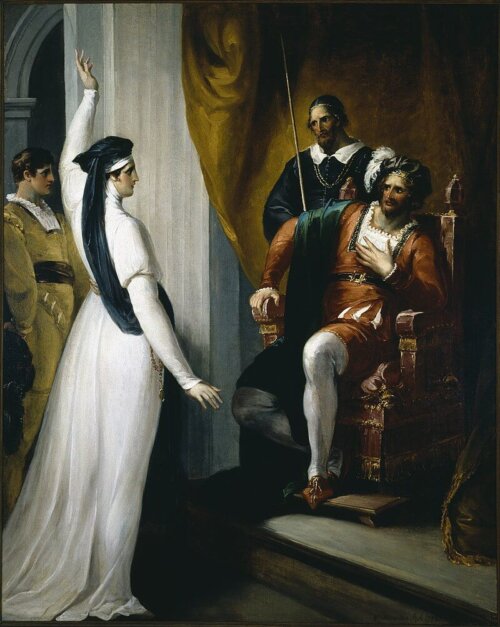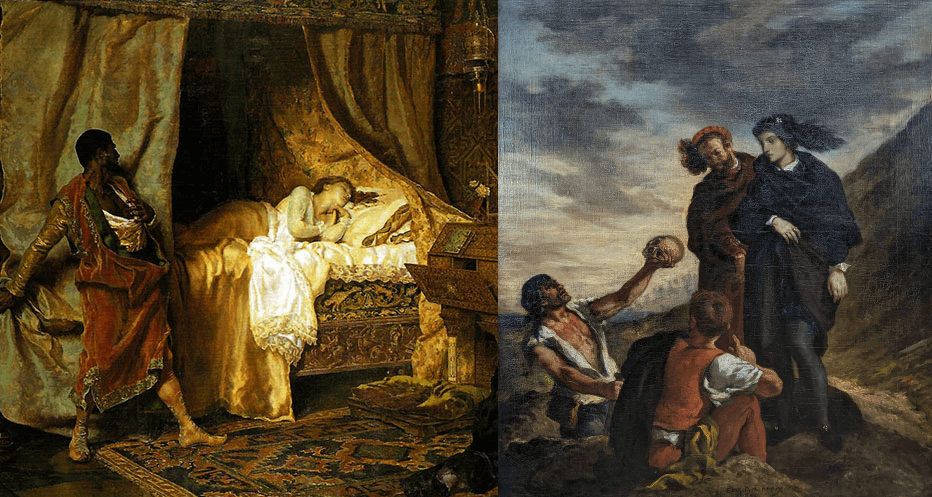Two Types of Intelligence

We’ve been in California this past week. That’s where I go periodically for neuropathy treatments. This time, the improvements weren’t merely measurable but also experiential. For example, when we were trying to get to our connecting flight at the Dallas/Fort Worth airport – itself the size of a small country – we learned of a shortage of wheelchair handlers. Normally, I can’t walk through airports the size of a small country. However, it came to me that we could walk to Skylink, the elevated train that takes you between terminals. In spite of Skylink, there was still a fair bit of walking to do. Without thinking about it, quite suddenly, I knew I could do it. And I did.
Thought I’d mention that, since readers of this column tend to know more about me than I know about myself (I mean, till it comes to me to write it here).
At the hotel, for bedtime reading, I felt like picking up the Gideon Bible. It’s about the only thing in the hotel that hasn’t undergone a very ill-advised 40 million dollar “renovation.” During the flight, by contrast, I’d been reading Why Plato Wrote, an intricately argued book by Danielle Allen. These very different types of reading matter brought to my notice two quite distinct types of intelligence: Plato’s and the Bible’s.

Previously, I’d never thought of the Bible as a repository of intelligence of any kind. Rather, I’d regarded it as the site of imprinting images and stories that were of spiritual consequence – without trying to spell out just what I meant by that.
Whereas Plato … well, as my professor, Stanley Rosen, put it to me:
“I read Plato because
he’s smarter than I am.”
What was so great about Plato? He rather invented philosophy as (what its name signifies in Greek) “the love of wisdom.” He wrote on its major topics: justice, knowledge, truth, political life, appearance and reality, corruption and integrity, relativism, skepticism, pleasure, education, the role of women, and – a question in our day – whether philosophic inquiry masks underlying power relations or exposes the pitfalls of the lust for power.
Plato’s works were written in the form of dialogues. In their characters and styles of life, the speakers embody and illustrate their beliefs. Plato doesn’t ever come on stage as himself. Rather Socrates, his great teacher, is usually the one conducting the dialogues. For generations beyond his time and place, Socrates will model the philosophic life.
After Socrates was unjustly condemned by an Athenian jury of his peers and put to death, Plato moved philosophy indoors. He founded the Academy. It’s The House that Plato Built. Henceforth, if you wanted philosophic education, you had to apply for it. It wouldn’t accost you on the street with questions, as Socrates did.
Most of the topics still being addressed in philosophy courses were first discussed in Plato’s dialogues. Aristotle, who studied with Plato, later founded his own university, expanding the range of topics and the data available for research at that time. Dissenting from some of Plato’s concepts, he wrote that “Plato is dear, but truth is dearer.”

Between Plato and Aristotle, you can certainly stretch and invigorate your intelligence.
But what in the world can I find in the Bible that warrants the term, intelligence? Actually, I’d never thought about that question, because it was only on this trip that I noticed its presence – how smart some of these verses were. Maybe I got smart enough to notice? But what exactly was it that I was noticing? I read Proverbs, Ecclesiastes, and parts of Jeremiah. What, if anything, did they have that Plato didn’t?
The Biblical verses and chapters convey the sense that what each of us does with our lives is of utmost consequence. In the whole universe, nothing is more urgent than the question, How shall I conduct my irreplaceable life in my time? The smallest shifts — in my priorities, in the metrics by which I weigh memories, in the assessments I give to thee and to me — are of unsurpassable importance.
The presence of a singular Witness, who cannot be distracted, who accepts no substitutes – for whom the generic can’t outweigh the particular – all that makes for a different degree of intensity in my knowing and being known. Only a Lover could care enough to notice how it is with me.
God intensifies the hour.




